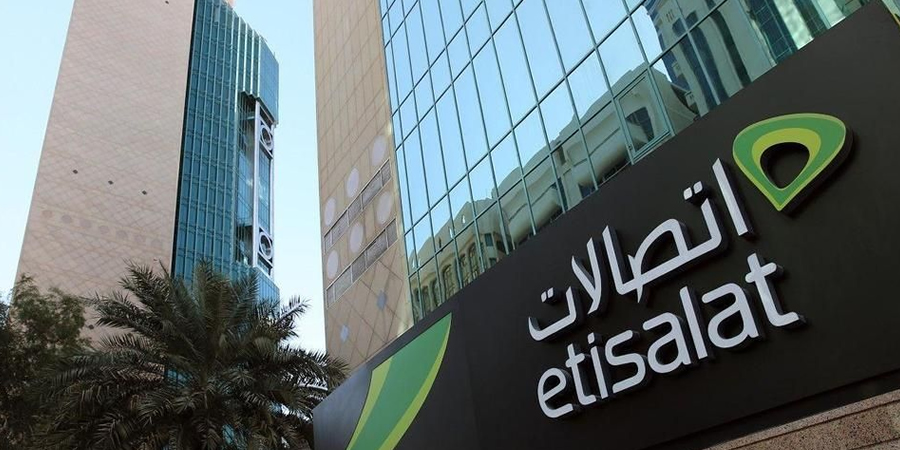Etisalat claims its readiness to serve the ‘New Normal’ by encouraging and advancing digital transformation with the help of new partnerships, collaborations and investments with digital adoption being key for new digital services, said Dr. Ahmed Bin Ali, Senior Vice President, Corporate Communications, Etisalat Group.
Bin Ali participated on behalf of Khalifa Al Shamsi, Chief Strategy and Corporate Governance, Etisalat Group at the ‘The Telecommunications Sector and its impact on Future Foresight Post COVID 19’, a virtual future foresight forum organised by UAE’s Telecom Regulatory Authority (TRA) and UAE International Investors Council.
The event brought together all relevant strategic stake holders from the telecom and technology industry including senior executives from TRA, Ministry of Interior, Smart Dubai, Department of Economic Development (DED), Dubai Future Foundation, Khalifa University, University of Dubai, Federal Competitiveness and Statistics Authority, Microsoft and Noon.
He highlighted the readiness and resilience of Etisalat during the pandemic, the main focus was to support the entire community including business and individuals ensuring its network and services enable business and learning continuity.
During the period May-Feb 2020, Etisalat’s network witnessed an increase in traffic of more than 300 percent in communication and collaboration solutions where as in Internet gaming it touched 500 percent. With work and study from home becoming a norm there was a surge in traffic of more than 90 percent in video streaming and social media.
“Thanks to the UAE vision and Etisalat's strategy of ‘Driving the digital future to enable societies’, our network joined one of the most robust and digitally equipped to address the unique requirements during this period making it possible for businesses to work remotely, millions of students to enjoy distance learning and all citizens having access to vital services. Through our networks and dedicated teams we were geared to fully support and serve the community showcasing infrastructure preparedness and our ability to adapt and implement during today's extraordinary times,” said Bin Ali.
The country’s long term vision and strategy focused on digitalisation put it ahead of other global markets in dealing with the pandemic situation. This was backed by global leadership in infrastructure, governance and business environment accompanied with a diversification of the economy and investments.
The country has also led in the adoption of technology with the highest mobile broadband subscriptions globally crossing 250 percent and internet usage at an individual level reaching 98.5 percent (5th globally). This was all-possible due to the robust and advanced infrastructure in the country with the highest fiber penetration worldwide and among the first globally and regionally to launch advanced networks with 5G technology.
Etisalat worked closely with the Ministry of Education during the pandemic to provide zero rate access to educational URLs and free mobile data for students. There was also free access to the madrasa platform on eLife and remote learning apps. For the healthcare sector there was a telemedicine platform made available to support hospitals and clinics in providing remote healthcare services. IoT/AI platforms were used for disease containment, AI video analytics including thermal cameras and wearable IoT solutions were among the other advance solutions used for the sector.
The way forward will be about the acceleration of the ‘Hyper Connected Consumer’ with digital life and home gaining significance. Etisalat conducted a survey recently with its business customers to get an insight on their upcoming priorities.
The key learning was that acceleration of digital transformation is the most significant and common among all customers. This can be achieved by filling gaps in digital readiness, encouraging the adoption of new digital solutions, adapting to key industry changes, a cloud-first mindset and focus on cybersecurity to ensure business continuity.
Industries and governments will redesign to scale up agility, efficiency and digital ways of working. 5G technology and network will also gain prominence especially with advanced technologies requiring increased bandwidth, connections density and low latency.
5G will enable new experiences and use cases based on futuristic technologies like AR, VR and robotics that are critical for the new digital normal, for both consumers and businesses.











